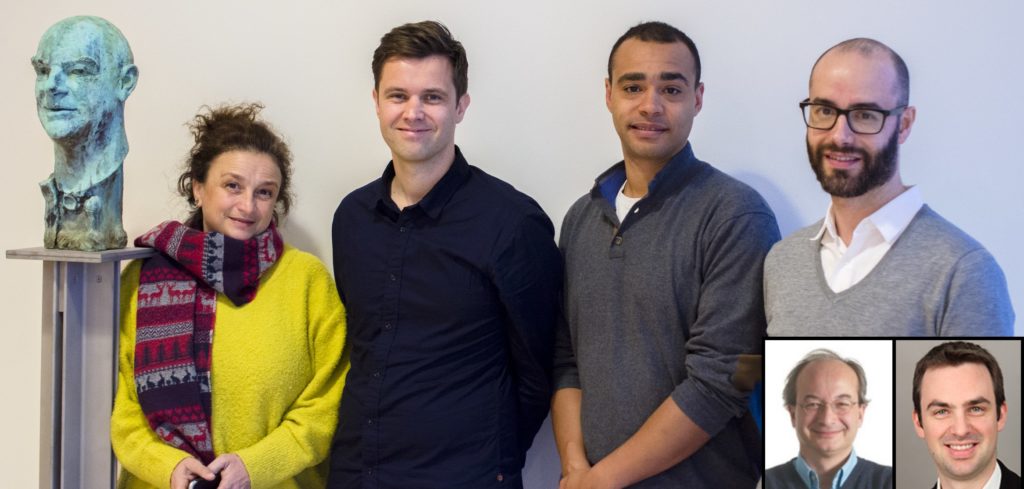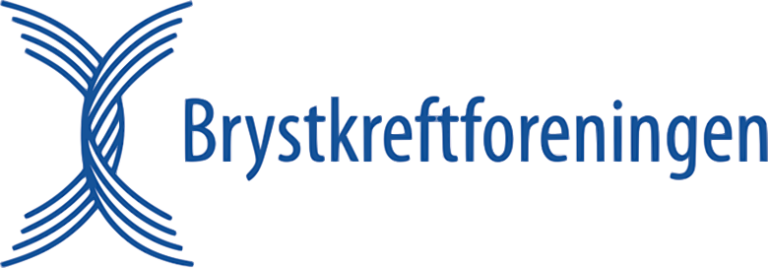Breast cancer is a heterogeneous disease and can be viewed as a collection of different diseases, and tumors from patient to patient can be very different. Analyses of cellular and molecular characteristics allow subgrouping of patients, indicating which therapy the patient should receive and the biological mechanisms driving the pathogenesis. The most important subdivision of breast cancers is the over expression of the protein “estrogen receptor”. In tumors over expressing estrogen receptor, the hormone estrogen binds to the estrogen receptor, which further activates genes that promote cell proliferation and tumor growth.
The estrogen receptor is a transcription factor: a protein that can bind to the DNA and activate the expression of other genes. Regulation of gene expression by transcription factors often happens when transcription factors bind to enhancers; enhancers are regulatory regions in the DNA located in the vicinity of a gene.
DNA methylation is the addition of a methyl group (CH3-) to the cytosine base in the DNA, and this modification changes the properties of the DNA molecule. It is thought that DNA methylation could hinder the binding of proteins to DNA, resulting in decreased expression of neighboring genes. In this way, DNA methylation may regulate which genes are active in different tissues and tumors.
We developed a new statistical approach which identified enhancers and binding regions of estrogen receptor where DNA methylation was lower in estrogen receptor positive breast cancers compared to healthy controls. We highlight the abnormal low methylation of specific enhancers in estrogen receptor positive breast cancer that allows the activation of genes which fuel the pathological growth and proliferation of estrogen receptor positive breast cancers [1]. Our study provides evidence of how estrogen receptor positive breast cancers become abnormal at the molecular level, and also how they are different from the estrogen receptor negative breast cancers. This is an important insight for understanding the abnormal biology occurring during breast cancer development.
Authors:
Thomas Fleischer, Postdoc, Department of Cancer Genetics, Institute for Cancer Research, OUS.
Xavier Tekpli, Postdoc, Department of Cancer Genetics, Institute for Cancer Research, OUS; Department of Clinical Molecular Biology and Laboratory Science (EpiGen), AHUS.
Reference:
- Fleischer T., Tekpli X. et al. DNA methylation at enhancers identifies distinct breast cancer lineages. Nature Communications; 09 Nov 2017; DOI: 10.1038/s41467-017-00510-x.

















